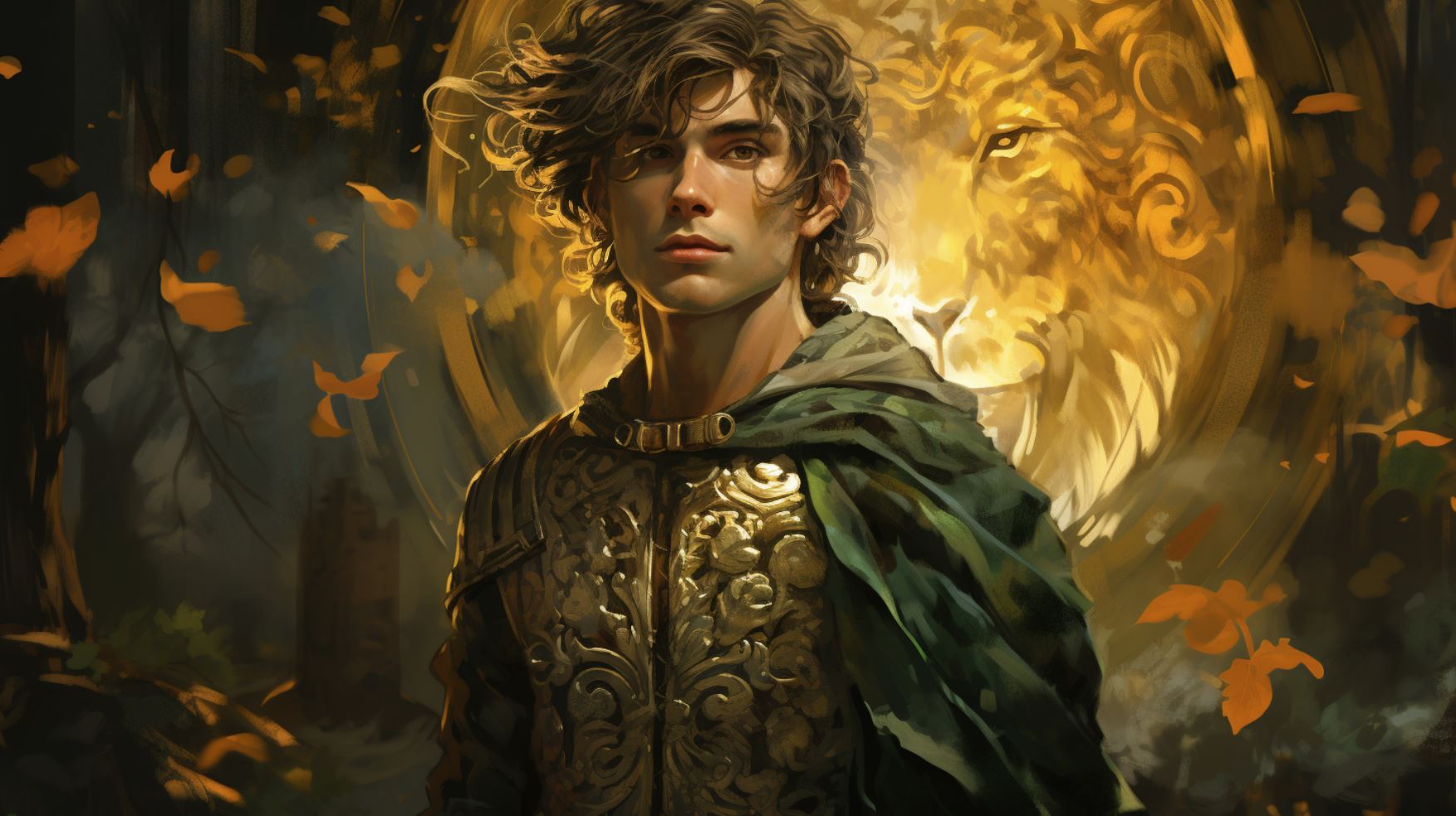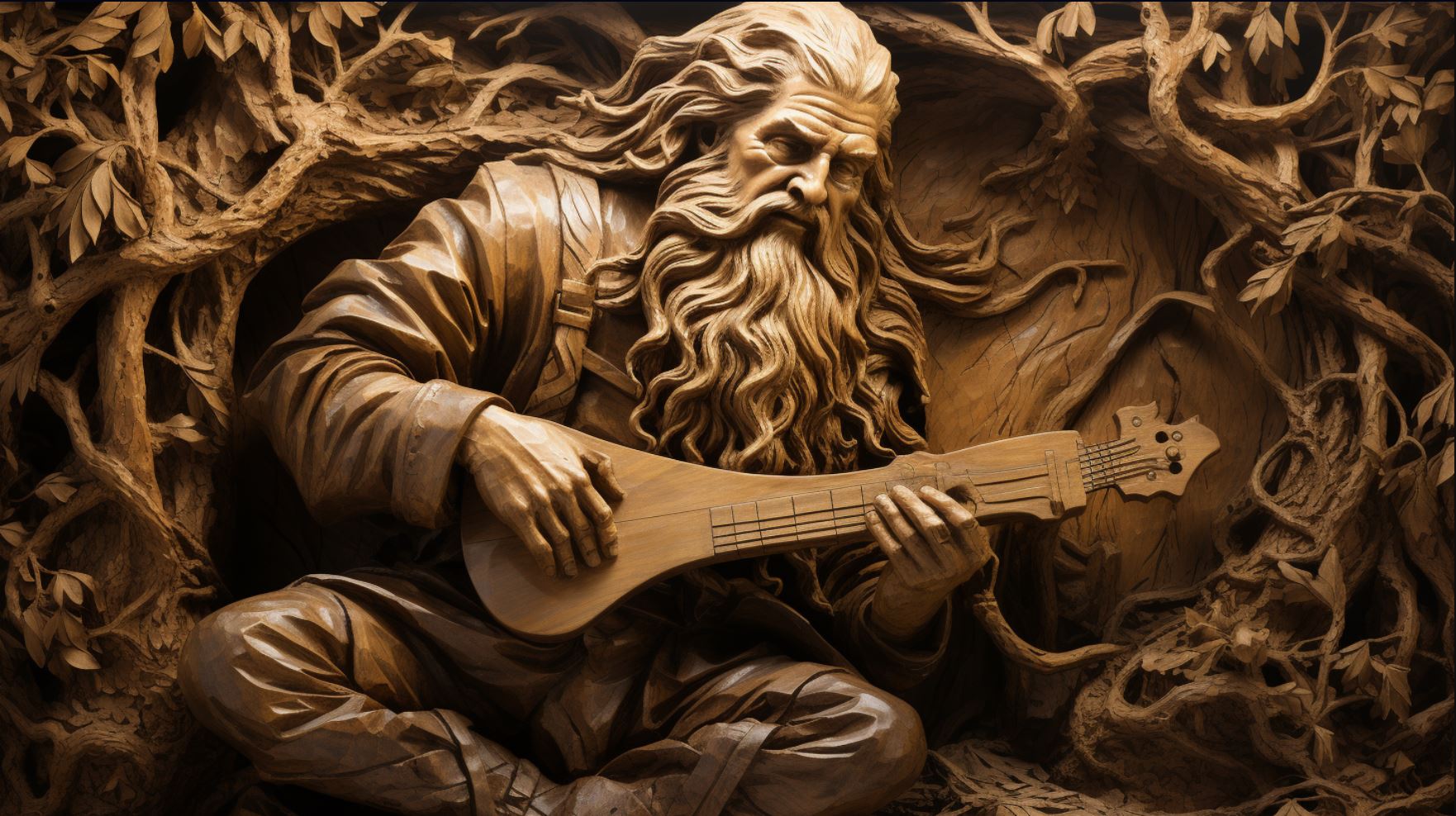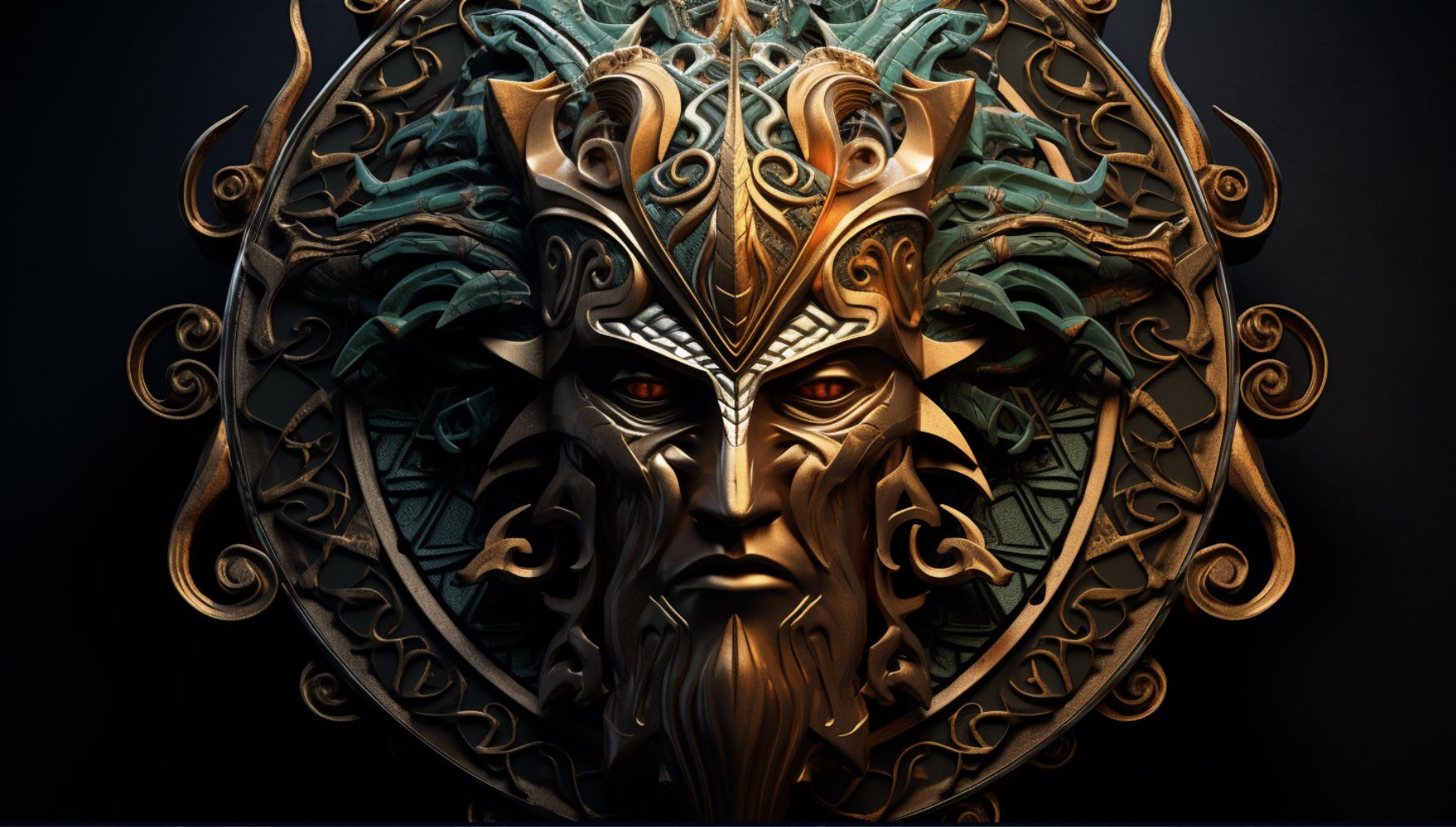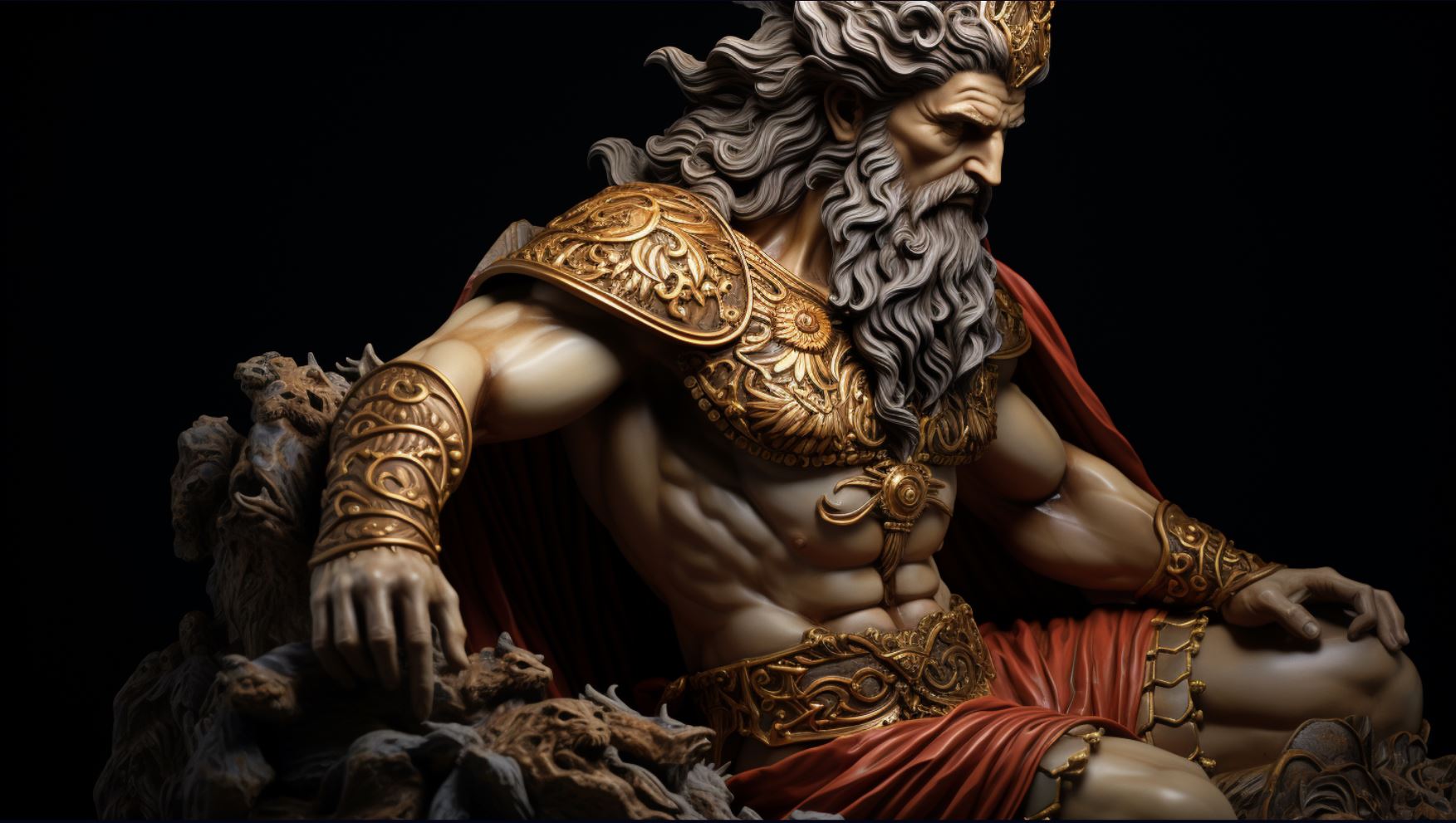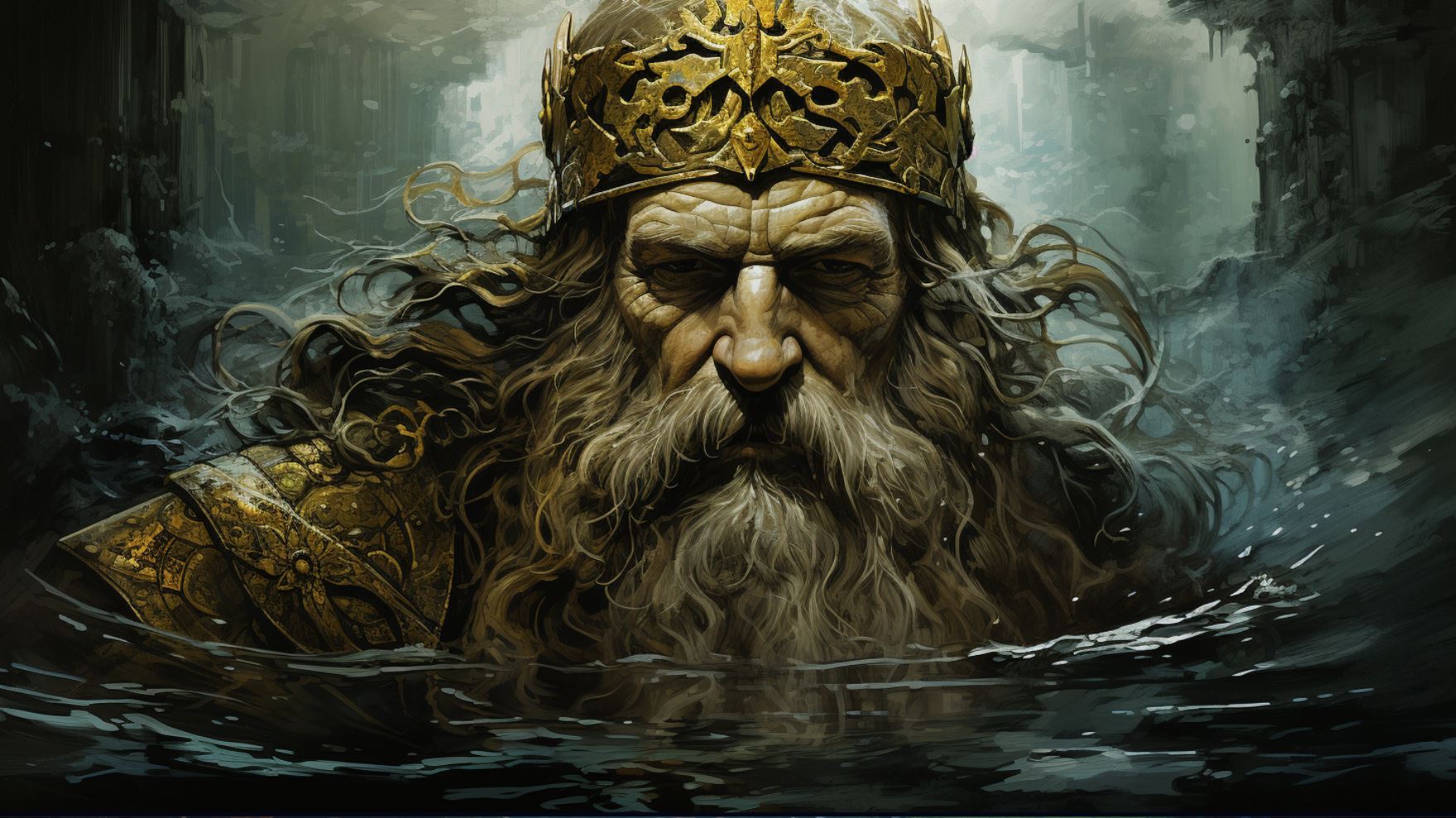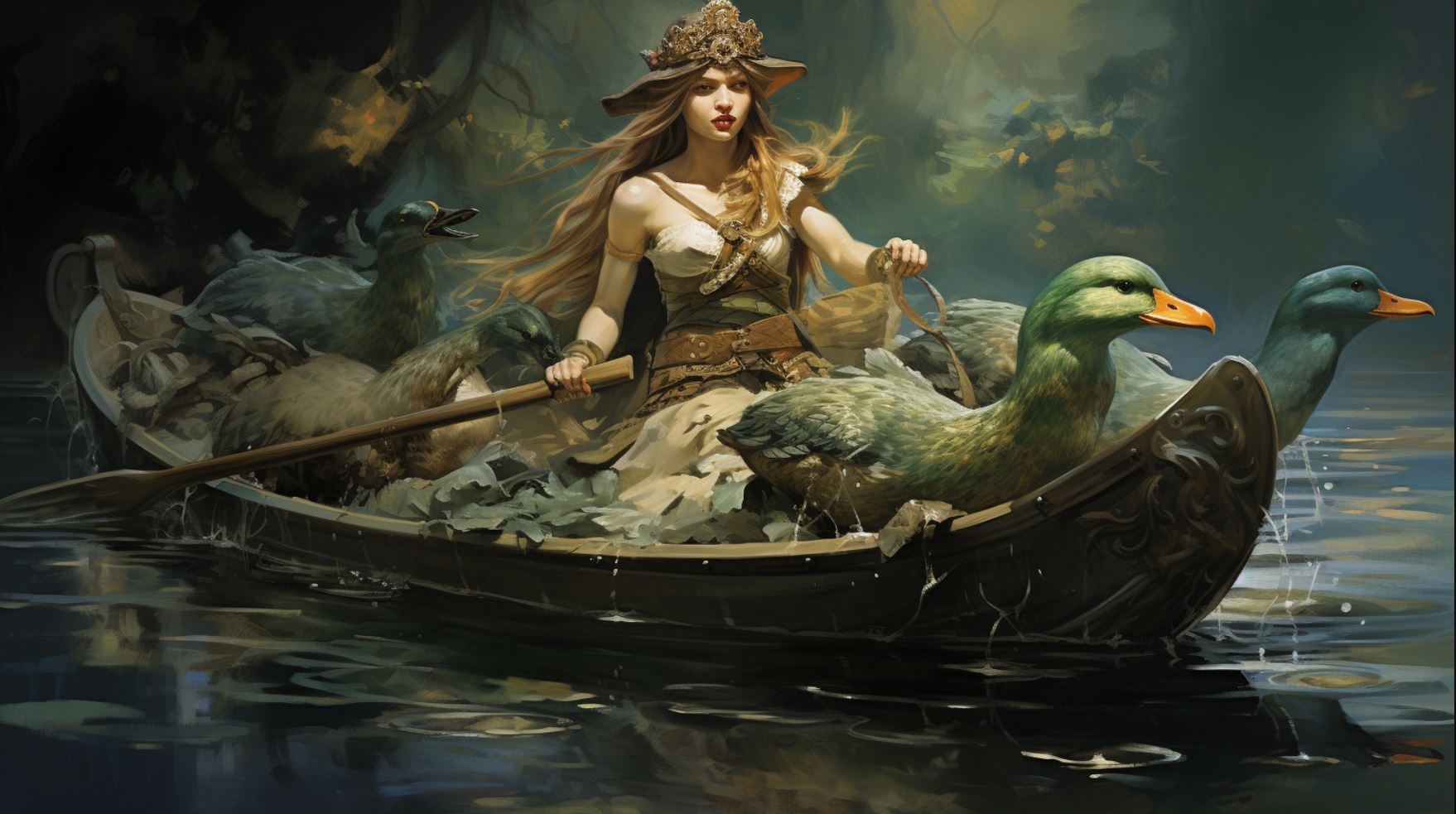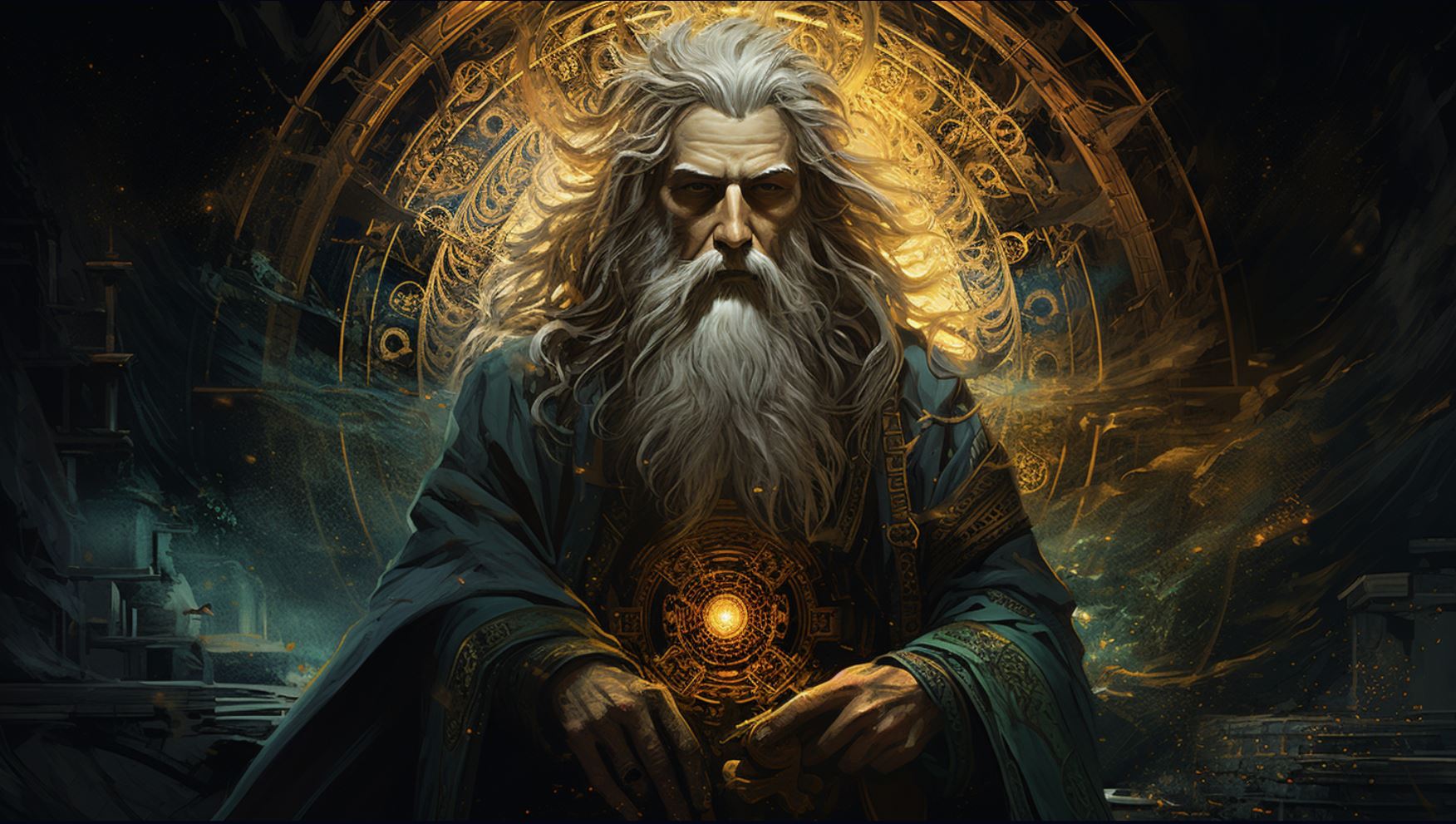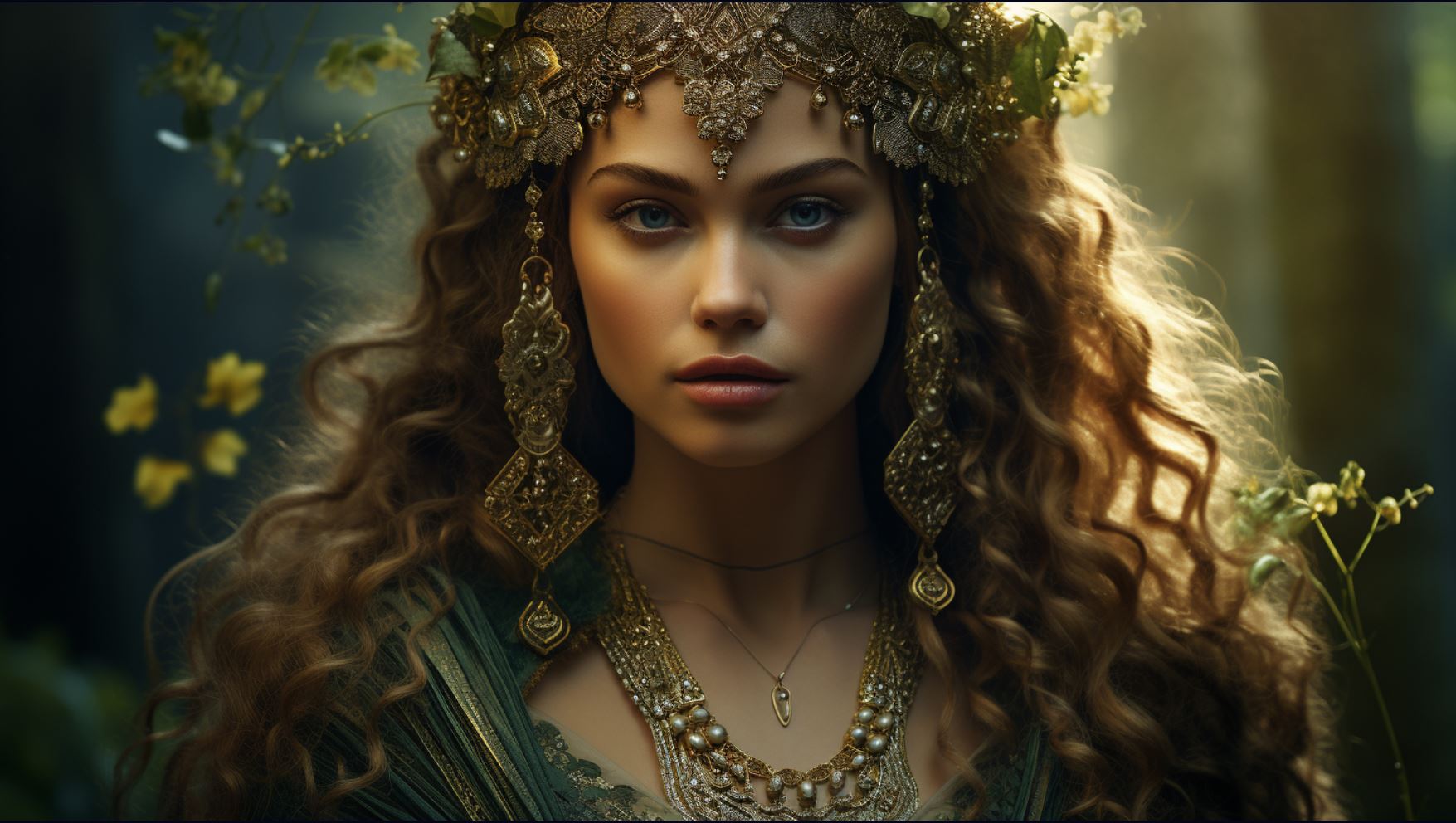Maponos Celtic God: Exploring the Youthful Deity with Roman Associations
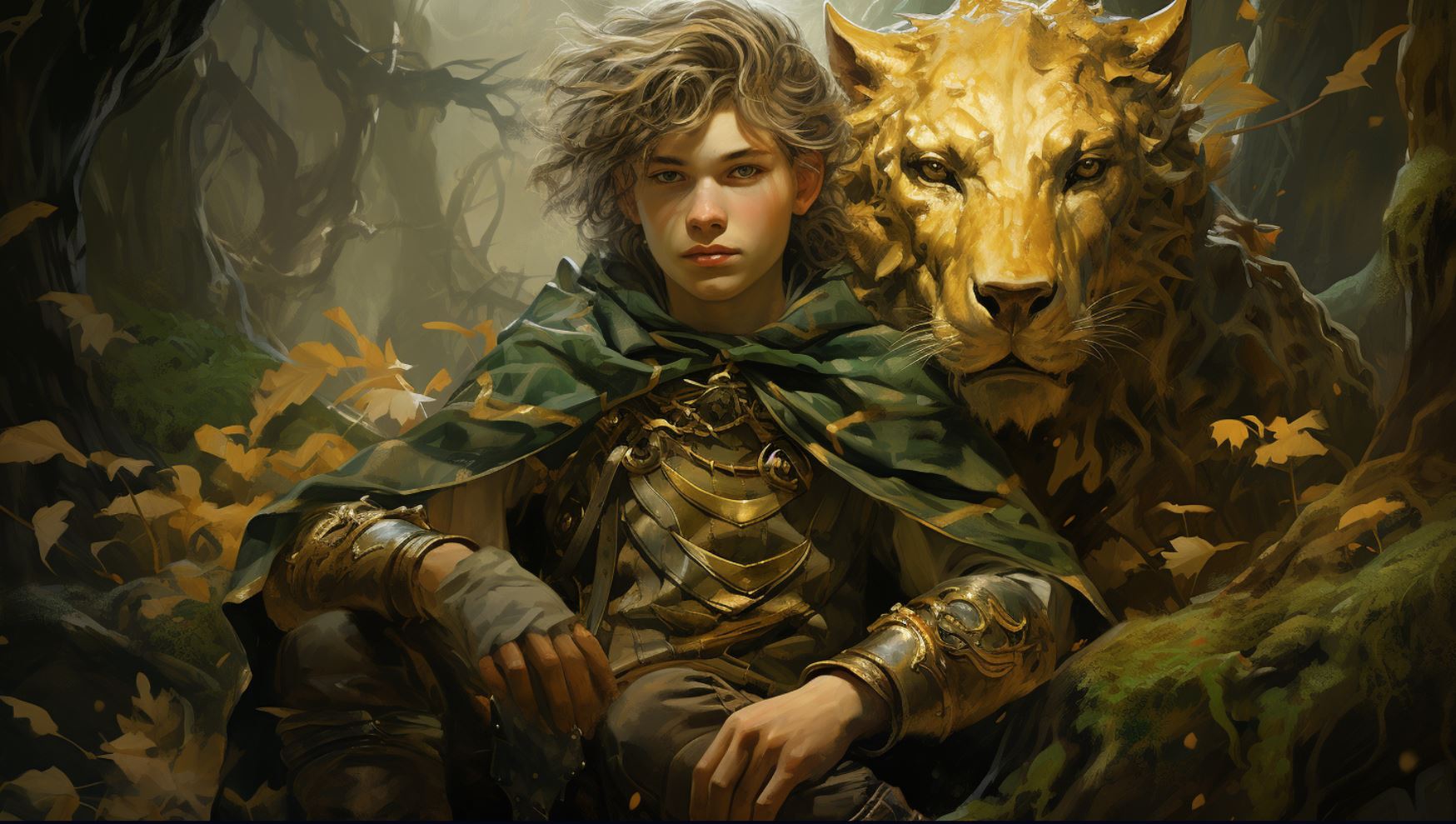
Maponos Celtic God is an intriguing figure in Celtic mythology, associated with youth and uncertain attributes. The Romans identified him with Apollo, invoking him both in Gaul and Britain.
Inscriptions and altars dedicated to Maponos confirm his assimilation with Apollo through the interpretatio Romana. This article explores his origins, connections to other Celtic gods, such as Lugus, and the evidence of his existence in inscriptions found in Gaul and Britain.
Additionally, we’ll delve into Maponos’ influence on place names in Scotland and his presence in Welsh and Irish mythology, particularly as Mabon fab Modron.
Welcome to our journey of unraveling the mysteries surrounding Maponos, a fascinating Celtic god intertwined with themes of youth and enigma. In this section, we will delve into various aspects of Maponos, including his origins, attributes, and his prominent role in Celtic mythology and religion.
Additionally, we’ll explore the assimilation of Maponos with the Roman deity Apollo and uncover compelling evidence of his existence through Gaulish and British inscriptions. Join us as we unveil the intriguing connection between Maponos and other Celtic gods, such as Lugus, and trace the possible derivations and naming conventions associated with this captivating deity.
The Origins and Attributes of Maponos
Maponos possesses a rich tapestry of origins and attributes that set him apart in the realm of Celtic deities. We’ll examine the folklore and legends surrounding his birth and explore the significance of his association with youth.
Discover how Maponos embodies the mysteries and attributes of divinity, establishing his place among the pantheon of Celtic gods.
Maponos in Celtic Mythology and Religion
Immerse yourself in the captivating world of Celtic mythology and religion as we uncover Maponos’ prominent role within this ancient belief system. Learn about the rituals, festivals, and worship associated with this youthful deity and gain insight into his cultural significance among the Celtic tribes of Gaul and Britain.
The Assimilation of Maponos with Apollo in Roman Interpretation
The Romans, notorious for the practice of interpretatio Romana, identified Maponos with their own god Apollo. We’ll explore the reasons behind this assimilation and delve into the intriguing parallels and connections between these two deities.
Join us as we navigate the delicate balance between Celtic and Roman religious influences.
Evidence of Maponos in Gaulish and British Inscriptions
Unearth the tangible traces of Maponos’ existence through the discovery of Gaulish and British inscriptions dedicated to this enigmatic god. These documented artifacts provide valuable insights into the worship and reverence bestowed upon Maponos by ancient Celtic communities.
Maponos’ Connection to Other Celtic Gods, including Lugus
Explore the intricate web of interconnections between Maponos and other Celtic gods, most notably the revered deity Lugus. We’ll examine the evidence of shared attributes, symbols, and worship practices, shedding light on the pantheon of deities worshipped by the Celtic tribes of Gaul and Britain.
Possible Derivations and Naming Conventions of Maponos
Dive into the etymology and linguistic origins of Maponos as we explore possible derivations and naming conventions associated with this enigmatic deity. Learn about the Proto-Celtic roots that give birth to his divine appellation, unveiling the profound significance of his name within the context of Celtic mythology and religious beliefs.
Maponos in Place Names: Tracing His Influence in Scotland
Maponos, the enigmatic Celtic god, has left traces of his existence in various place names across Scotland. These locations hint at his once prominent presence in the region and offer insights into the reverence he garnered among the ancient Celtic communities.
Lochmaben: A Place Possibly Associated with Maponos
One compelling location that may be linked to Maponos is Lochmaben. Situated in the Dumfries and Galloway region, the name “Lochmaben” bears resemblance to the god’s moniker. Although we can’t conclusively prove a direct connection, the proximity and linguistic similarities suggest a possible association.
Exploring the Potential Connection of [Locus] Maponi
The Cosmographia Ravennatis, an ancient geographical text, records a place called [Locus] Maponi. While uncertainties surround its exact location, scholars have speculated that it could be linked to Maponos. Further research and archaeological investigations may shed light on this intriguing connection.
Maporition and Other Sites Linked to Maponos
In addition to Lochmaben and [Locus] Maponi, there are other areas in Scotland with names that evoke the presence of Maponos. One such location is Maporition, located near Ladyward. These place names, although requiring further exploration, provide tantalizing hints of Maponos’ influence and veneration within Scottish territories.
Through these place names, we glimpse the ancient reverence for Maponos within the Scottish landscape. While the exact nature of his association with these locations remains open to interpretation and further study, their existence serves as a powerful reminder of the enduring impact of this youthful Celtic deity.
Maponos in Welsh and Irish Mythology: Mabon fab Modron and Other References
Maponos, the Celtic god associated with youth and diverse attributes, also finds a significant place in Welsh and Irish mythology. Welsh mythology presents Maponos as Mabon fab Modron, his counterpart in the tales and poems of Wales.
Mabon fab Modron: Maponos’ Welsh Mythological Counterpart
Mabon fab Modron, meaning “Mabon, Son of Modron,” represents the Welsh equivalent of Maponos. Within Welsh literature, Mabon fab Modron is often portrayed as a young hero or prince, associated with youthful energy, vitality, and adventure.
Exploring the Mention of Maponos in Irish Mythology
Though Maponos is primarily associated with Gaul and Britain, there are indirect references to him in Irish mythology. While not explicitly mentioned by name, Maponos is believed to be among the pantheon of ancient gods referenced in medieval Welsh and Irish tales.
The Role of Maponos in Welsh Literature, Tales, and Poems
Maponos’ influence extends beyond mere mythological references, as he is woven into the fabric of Welsh literature, tales, and poems. In these narratives, Maponos often appears as a prominent and influential figure, depicting his importance in the cultural and storytelling traditions of Wales.
- Mabon fab Modron is celebrated for his bravery and heroism in various adventures.
- He embodies the essence of youth and represents the archetypal young hero.
- Maponos’ association with Mabon fab Modron further solidifies his connection to the themes of youth and vitality in Welsh mythology.
- Welsh literature and poetry frequently invoke Maponos’ name, emphasizing his significance in the cultural identity of Wales.
Overall, the presence of Maponos, known as Mabon fab Modron in Welsh mythology, adds depth and complexity to the rich tapestry of Celtic deities and their stories.
Through his portrayal in Welsh literature, tales, and poems, Maponos continues to captivate and inspire new generations, ensuring his enduring legacy in the mythological traditions of Wales.
Modern Interpretations and Relevance of Maponos
In contemporary society, the ancient Celtic god Maponos continues to captivate the imagination and interest of many.
As our understanding of ancient Celtic culture deepens, Maponos finds a place in various modern practices, inspiring both spiritual and cultural movements.
Maponos in Contemporary Pagan and Neo-Druidic Practices
Within the realm of contemporary Paganism and Neo-Druidism, Maponos holds a significant role. Many practitioners connect with his youthful and mysterious qualities, viewing him as a guide and protector, particularly for individuals on their spiritual journeys or seeking personal growth.
Devotees often honor Maponos in their rituals, invoking him for inspiration, creativity, and a renewed sense of purpose. His association with youthfulness resonates with those seeking vitality, fresh perspectives, and the energy to embark on new beginnings.
In Neo-Druidic practices, Maponos often represents the power of nature and the divine within the natural world.
The Influence of Maponos in Celtic Revival Movements
The revival of Celtic culture and traditions in recent centuries has brought Maponos further into the spotlight. Celtic revival movements, particularly in regions with strong Celtic heritage, celebrate and honor Maponos as a symbol of Celtic identity and cultural resilience.
Through art, music, literature, and festivals, people reconnect with their Celtic roots and embrace the wisdom and inspiration that Maponos represents. His association with youth and vitality resonates with individuals seeking to infuse ancient wisdom into modern-day life and maintain a sense of continuity with their cultural heritage.
Understanding Maponos’ Symbolism and Relevance in the 21st Century
Maponos’ symbolism and relevance extend beyond spiritual and cultural contexts into the broader understanding of human experiences in the 21st century. His representation as a youthful deity invites contemplation on themes such as personal growth, the pursuit of knowledge, and the embrace of change.
In a world constantly evolving and facing new challenges, Maponos’ symbolism offers a reminder of the resilience and adaptability inherent in youth. His connection to Apollo and other ancient gods serves as a bridge between different mythologies and cultures, facilitating dialogue and understanding in an increasingly interconnected global society.
Furthermore, exploring Maponos allows us to dive deeper into the rich tapestry of Celtic mythology and appreciate the diverse pantheon of deities that once held great significance for our ancestors.
- The enduring presence of Maponos in modern spiritual practices
- The resurgence of Celtic cultural identity through Maponos
- Maponos’ symbolism and relevance in a changing world

